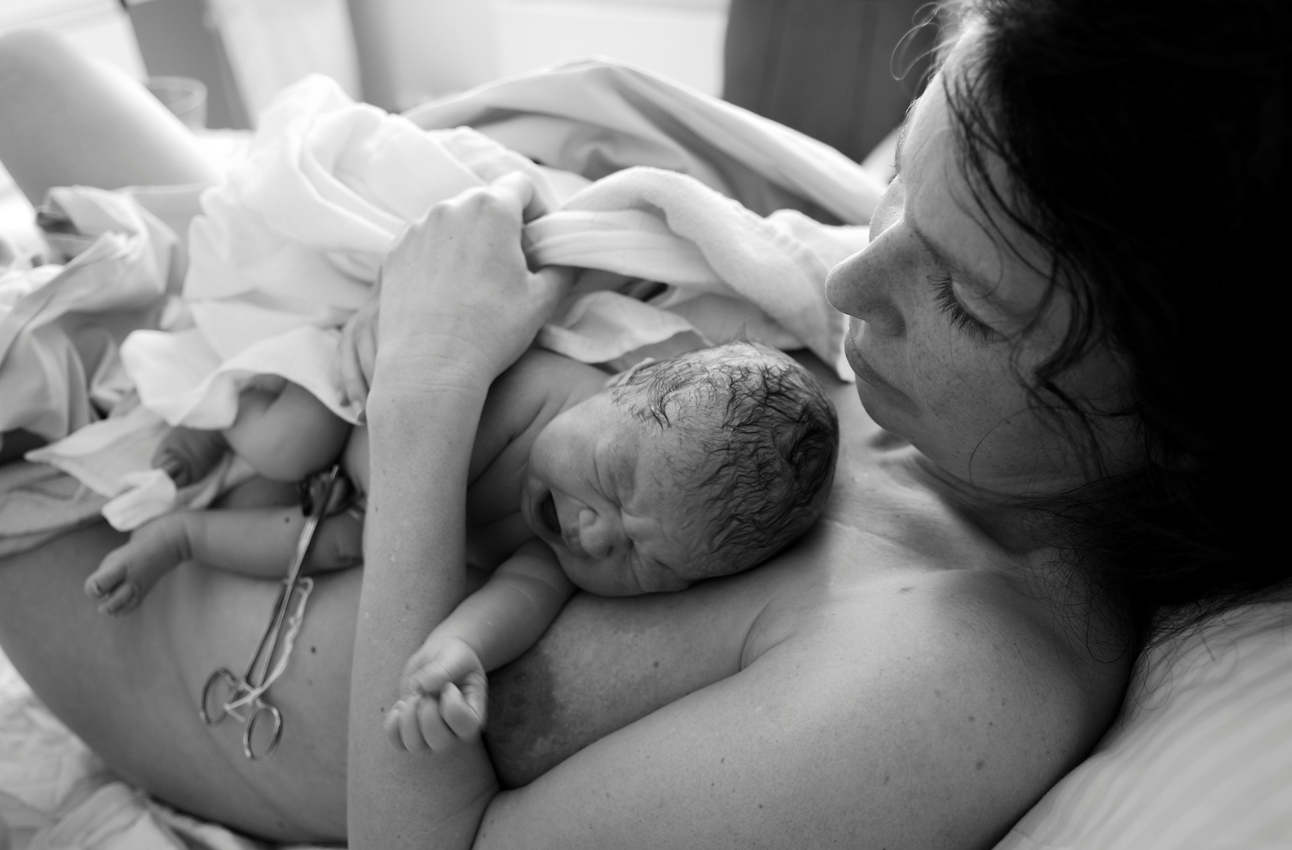Childbirth is one of the most profound experiences in a person’s life, not just for the birthing parent, but for the entire family. Ideally, it’s a moment filled with connection, love, and the start of a powerful bond between parent and baby. However, well-intended protocols can unintentionally disrupt this delicate process in many hospital settings.
Understanding how hospital routines may impact bonding can help families better advocate for themselves and work with care teams to create a more supportive, connected experience.
What Is Bonding and Why Does It Matter?
Bonding refers to the emotional connection that begins forming between parent and baby shortly after birth. This early attachment has long-lasting effects on emotional development, breastfeeding success, and even postpartum mental health.
The first hours and days after birth—often called the “golden hours”—are especially critical. During this time, both baby and parent are primed, hormonally and neurologically, to connect. Skin-to-skin contact, eye contact, and uninterrupted time together lay the foundation for a secure bond.
Hospital Protocols That May Disrupt Bonding
Here are a few common practices that can unintentionally interfere with this crucial bonding period:
1. Immediate Separation for Routine Procedures
Many hospitals automatically remove the baby from the parent for weighing, bathing, or other assessments—often within minutes of birth. While these tasks are typically not urgent, they can interrupt the early skin-to-skin contact that fosters warmth, safety, and connection.

2. Strict Visiting Hours or Limited Partner Support
Some facilities have policies that limit who can be present or when loved ones can visit. For new parents, especially those recovering from a physically and emotionally intense experience, the absence of a support person can add stress and leave them feeling isolated just when they need help the most.
3. Nursery Use Instead of Rooming-In
Many hospitals still encourage parents, especially those recovering from long labor or a cesarean, to send their baby to the nursery for extended periods so they can “get some rest.” While well-intentioned, this practice can interfere with early bonding and make it harder for parents to recognize and respond to their baby’s cues. Additionally, it’s common for nurses to routinely bring babies to the nursery for daily assessments, weight checks, or 24-hour care protocols that could easily be done at the bedside. These frequent separations, while often presented as standard, can interrupt skin-to-skin contact, delay the establishment of breastfeeding, and create unnecessary stress for both parent and baby.
4. Pressure to Adhere to Rigid Schedules
Hospital routines often prioritize schedules for feedings, check-ups, and rounds. But babies don’t run on the clock. When hospital expectations override a baby’s natural cues, bonding and breastfeeding can be disrupted.
5. Medical Interventions Without Informed Consent
Sometimes interventions like induction, continuous fetal monitoring, or cesarean delivery are presented as the default, rather than options with pros and cons. While these procedures can be life-saving, they can also distance a parent from the birth experience, making them feel more like a patient than an active participant in their baby’s arrival.
How to Protect Bonding in the Hospital Setting
The good news? Many hospitals are increasingly aware of these concerns and open to collaborative care. Here’s how to take a proactive role in preserving your bonding experience:
1. Write a Birth Plan—and Talk It Through
Clearly outline your skin-to-skin, rooming-in, feeding, and visitor support preferences. Discuss this plan with your provider beforehand, and bring copies to the hospital for your care team.
2. Advocate for Delayed Procedures
Unless there’s a medical emergency, most newborn assessments can wait. Ask for at least the first hour uninterrupted, with baby placed skin-to-skin on your chest.
3. Ask About Baby-Friendly Hospital Designation
Baby-Friendly certified hospitals follow evidence-based practices that support bonding and breastfeeding, like immediate skin-to-skin and keeping babies with parents around the clock.
4. Involve Your Support Person
Ensure your partner or support person knows your wishes and is prepared to advocate if needed, especially when you may be too tired or overwhelmed to do so yourself.
5. Speak Up About What Matters to You
You have a right to be involved in every decision. Don’t be afraid to ask questions, request clarification, or say no to anything that doesn’t align with your values or feels rushed.
The Bottom Line
Hospitals are designed to ensure safety, but sometimes, the softer, more human aspects of birth can be sidelined in the pursuit of routine and efficiency. Understanding how protocols may affect bonding doesn’t mean rejecting medical care. It means ensuring that you—and your baby—remain at the center of the experience.
When families are informed and empowered, the hospital can become not just a place of delivery, but a place where the journey of deep, lifelong connection begins.
Have you had a hospital birth? What helped—or hindered—your bonding experience? Share your story in the comments. Your voice could help other families advocate for the birth they deserve.

